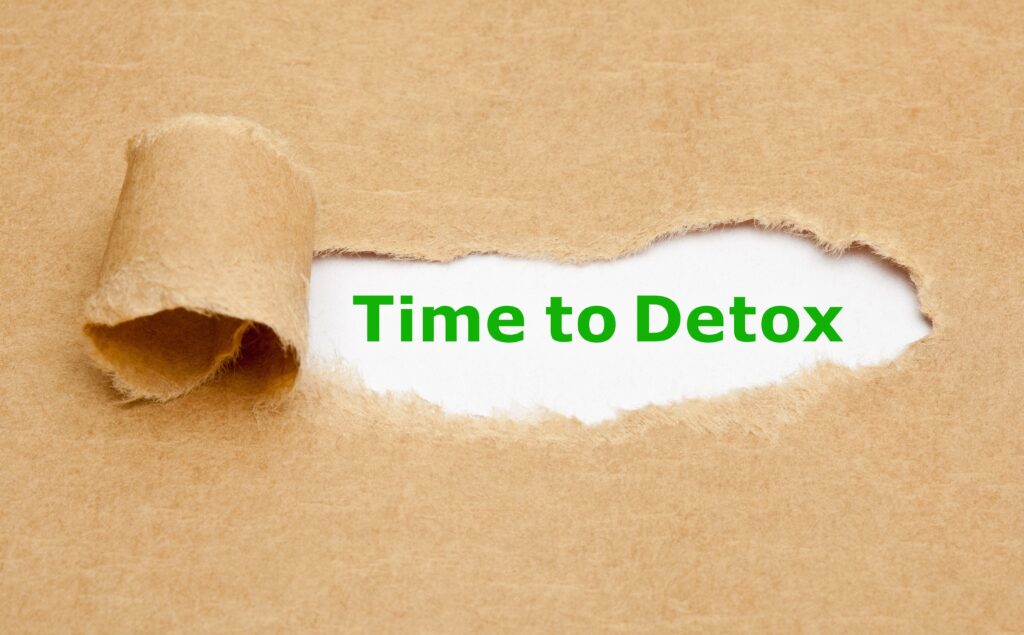Addiction might be one of the most easily contractible diseases right now. While getting pushed into a pattern is sometimes unintentional, getting out of it requires true grit and effort. Rehab, in a similar manner gives you the right environment to break free from such addictions through a set of organized activities. It essentially sets a new pattern for what’s typical for your lifestyle and gives you the tools for easy adoption.
There are two types of rehab centres, inpatient and outpatient. As the names suggest, the latter entails the individuals to set appointments and take therapy sessions as per their convenience and return home on completion of the same. On the other hand, inpatient rehabilitation is a residency program that requires them to stay within the facilities until completion.
Given how addiction affects everyone differently, all rehab programs are structured according to the specific nuances of each case. A team of professionals comes together to assess and analyse the treatment needs and the time period required.
Nevertheless, a typical day at a rehab can be distributed into the following slots.
Early Mornings
Since creating a structure is important, you are woken up at the same time every day. It is usual for the nurses to check whether all the patients have awake and have taken their medication as prescribed. Followed by completing menial chores, you head towards a healthy and hearty breakfast that prepares you for the day ahead.
To keep your mind relaxed, the day’s first activity is a timed meditation or yoga class. A counsellor or therapist then takes on a group session enumerating the plans set for the day and allowing the residents to connect with each other. On some occasions, topics such as recovery and addiction are also covered through a prima-facie discussion.
Mid-Afternoons
After coming back from lunch, the most important part of the day begins. Typical afternoons are reserved for intensive therapy sessions of all forms. A combination of individual and group therapy sessions is used to bring a positive change to your thought process and line of action.
Cognitive Behavioural Therapy or CBT is the most commonly used treatment across the board. Considered as an effectual method to alter the brain’s circuitry and reaction to different triggers, CBT addresses the patterns that are in turn responsible for such behaviour. It provides a one-on-one environment for you to open up about your concerns and devise strategies that help curb your triggers. After an in-depth study of your mannerisms, a therapist guides you towards healthier responses.
Alternatively, the day might also comprise of a group therapy session. Group therapy is led by a therapist for a set of people who share similar problems or addictions. Since loneliness and isolation are breeding grounds for a relapse, group therapy gives you the space to connect with your peers and understand how you’re not the only one battling this. It is primarily based on interacting with the people around you and brushing on the skills that you might need to cope with the outside world. Participants are often seen forming long-lasting bonds during such sessions.
Depending upon your program, a specialized therapy session is also conducted to solve issues and triggers that are personal to your experiences. Instances like anger management, stress management, and grief counselling are some of the options that can be undertaken. While the other sessions are regular, such programs are usually spaced out to give you the time to process your emotions effectively.
After all the intense work, the latter part of the afternoons is reserved for alternative therapy. Exercise, music, art, dance, acupuncture, reiki, and massage are some forms that are adopted to take care of your body along with your mind. Alternative therapy gives you the outlet to express yourself creatively without any boundaries. By bringing down the barriers set for you, it elevates your overall confidence and gives you a different perspective towards the world.
Personal Time
A couple of hours at the end of the typical day are kept to give the residents some freedom. With a plethora of amenities available like basketball, soccer, sauna, swimming pool, and even fitness trails, an individual can engage howsoever they choose to. Acting as an outlet, these activities spark the brain’s reward centre, giving you the power to manage your cravings and recover from old patterns successfully.
During this time, you may also choose to complete the homework given during the therapy sessions or go for a prayer. Lounging activities, such as reading and journaling are also encouraged.
Evenings
Dinner is planned at a pre-set time, much like the other meals of the day. Post dinner, a typically short group session is conducted where everyone can look back at the day and assess the changes they have made. A retrospective look at your patterns gives you the power to see your true potential.
Support meetings and the 12-Step program like Alcoholics Anonymous are held after the group sessions. Finding a set of peers through these meetings helps one maintain their sobriety much after the treatment ends. A safe environment ensures that you can be yourself without any judgment.
Active recovery also requires adequate sleep and rest. To instil healthy habits, bedtime is extremely organized. Preparing you for the next day, a complete sleep helps curb any emotional spikes and unforeseen relapses. Since sleep disturbances are common during addiction treatment, nurses often check up on everyone before bed and provide the medications as needed.
A typical day in the rehab lasts for anywhere between 12 to 14 hours. The process begins at 7 am and goes up to not later than 9 pm. Family visitation and therapy sessions are also scheduled within this time to keep you connected. While most days are similar, a little change of pace is also included with a set of mind-invigorating activities.
Inpatient rehabilitation gives you the taste of a new life that awaits and is the right place to begin your journey towards a full recovery.
If you or someone you know needs help with addiction or is ready for detox, contact 1-602-346-9143 or email [email protected] to get the help you need.












